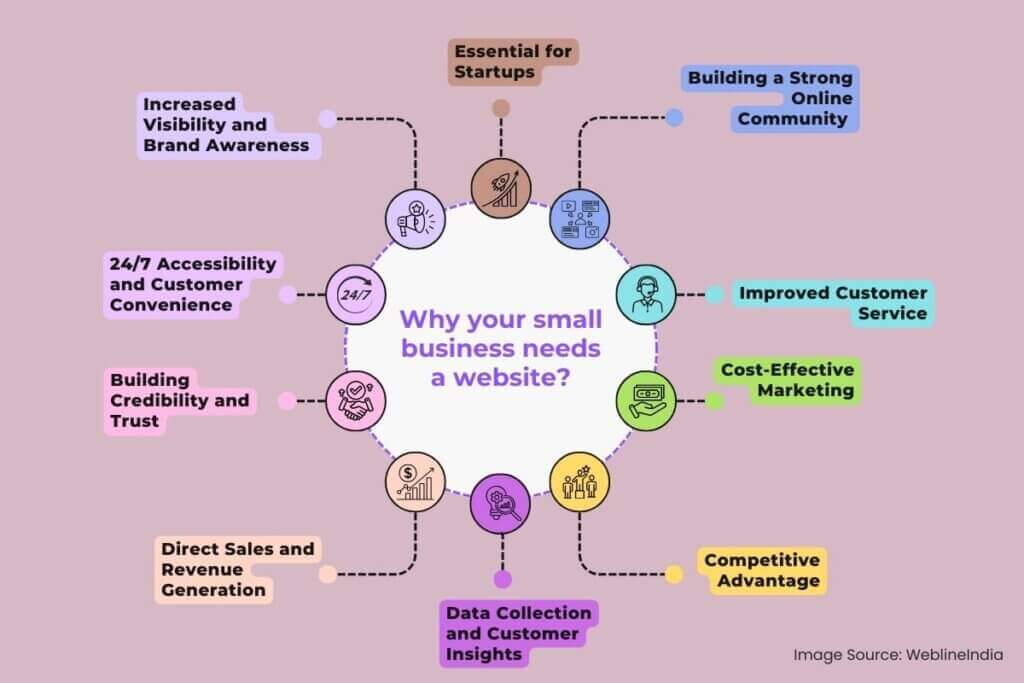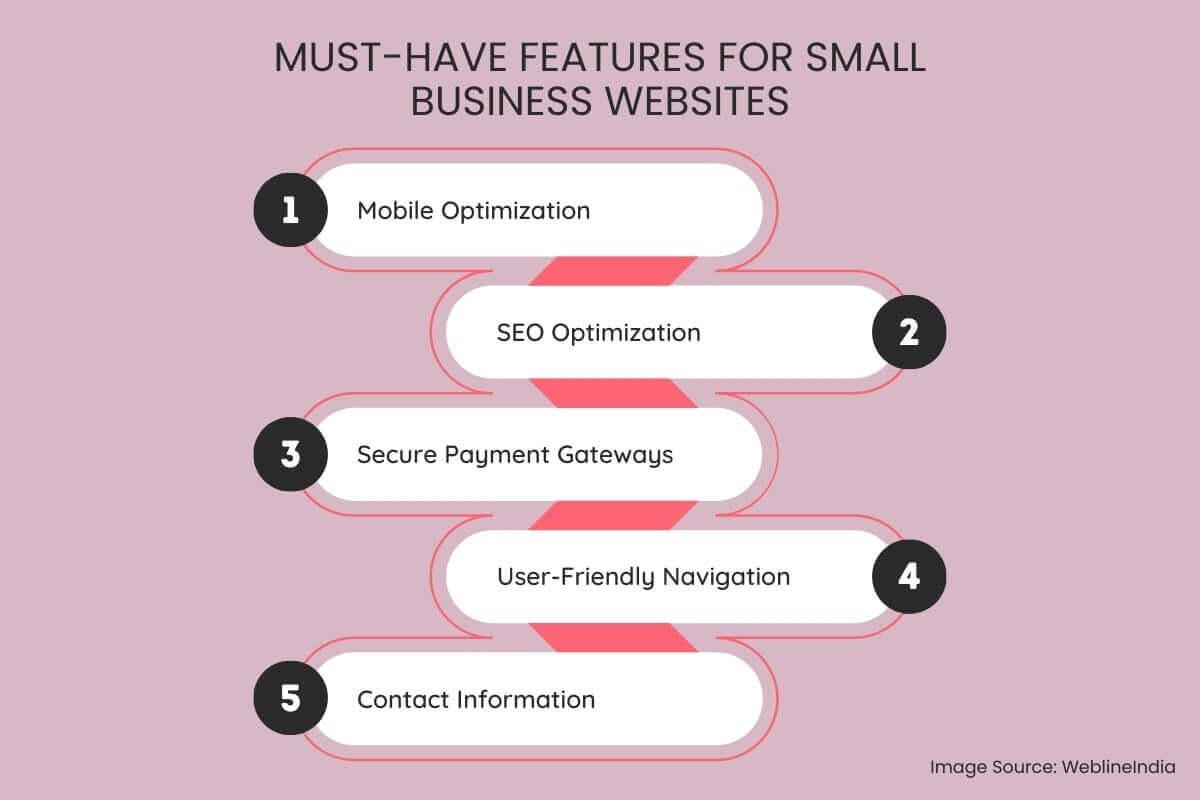Small businesses have been on an unprecedented rise in recent years. The United States Census Bureau reports that the majority of businesses in the U.S. employ fewer than five people. While these businesses often fit the general perception of “small businesses,” the definition of a small business can vary significantly.
The Small Business Administration (SBA) determines the size of a small business based on its industry, considering both employee count and annual revenue. These criteria are not uniform across all sectors. Revenue limits for small businesses can range widely, from $1 million to over $40 million, while employee thresholds can vary from 100 to 1,500 or more.
The SBA maintains a Table of Small Business Size Standards that outlines specific size standards for each industry. For instance, soybean farmers are considered small businesses if their annual revenue does not exceed $2 million, whereas retail bakeries must have fewer than 500 employees to qualify.
Some of the stunning facts and figures about small business, as reported on Luisazhou, include:
- There are nearly 34.8 million small businesses in the US
- Small businesses account for 64% of new jobs annually, and every year, they create 1.5 million jobs in the US
- 99.9% of businesses in the US are small businesses (businesses with fewer than 250 employees)
- 60% are starting a business to be their own boss
- 50% of small businesses fail in the first five years
- Over 65% of small businesses are profitable
- 64% of small businesses start their businesses with $10,000
- Globally, 90% of all companies are small businesses and they account for 50% of jobs
- There are 400 million small businesses in the world
Reboot online quotes that there are more than 1.13 billion websites worldwide. Now, having a website for small businesses is no longer optional—it’s essential if you want to stay competitive today. Whether you’re a startup looking to make a mark or a small business trying to expand your reach, website development is the key to staying competitive and visible.
Need a website for your small business? Get started today and grow your online presence!
In this blog, we will explore why every small business and startup needs a professional website and how web development can help your business grow.
The Importance of Web Development for Small Businesses
A website for small businesses serves as your digital storefront, available 24/7. Unlike a physical store, your website can reach customers from anywhere, even when you’re not actively engaged. The process of web development involves creating, building, and maintaining this online presence, ensuring it reflects your business’s goals and brand identity.
Benefits of a Website for Small Business
- Increased Visibility: With a website, your business can be discovered by customers searching online.
- Credibility and Trust: A well-designed site lends credibility to your business.
- Customer Engagement: Websites offer the ability to engage customers directly through contact forms, blogs, or newsletters.
Every website for a small business should have key elements that enhance customer trust, such as clear navigation, mobile responsiveness, and secure payment options. Web development ensures that these features are seamlessly integrated into the website, contributing to a positive user experience.
Website for Startups: A Game Changer
For a website for startups, having a strong online presence is crucial from the very beginning. A professional site can elevate your brand and help differentiate you from competitors. When done right, website development creates a lasting impression on potential customers, investors, and partners.
Why Startups Need a Website
- First Impressions Matter: A well-designed website is often the first interaction potential clients have with your brand.
- Cost-Effective Marketing: Compared to traditional marketing, websites are a more affordable way to promote products and services.
- Customer Insights: Analytics tools integrated into your site allow you to track user behavior, helping you improve your marketing strategies.
With a website for startups, you also gain the ability to scale as your business grows. As your product or service expands, your website can evolve, showcasing new offerings and reaching broader audiences.
Is your small business missing out on online customers? Let’s build your website today!
Why your small business need a website?
Even if you are not a startup company and have owned a small business for years with no digital footprint, it’s high time your business needs a web presence for myriad benefits. Here are some of the reasons why you need a website:

1. Increased Visibility and Brand Awareness
A well-designed website acts as a powerful marketing tool. It significantly enhances your online visibility, making it easier for potential customers to find you. Search engines like Google prioritize websites when ranking search results. By optimizing your website with relevant keywords (Search Engine Optimization or SEO), you can improve your search engine rankings and attract organic traffic.
Furthermore, your website serves as a platform to showcase your brand identity. You can control the messaging, design, and overall user experience, creating a consistent brand image across all platforms. This consistent branding builds trust and recognition among your target audience.
2. 24/7 Accessibility and Customer Convenience
Unlike a physical store with limited operating hours, your website is always open for business. Customers can browse your products or services, learn about your company, and even make purchases at any time, day or night. This 24/7 accessibility significantly improves customer convenience and satisfaction.
Moreover, a well-structured website with clear navigation and user-friendly interfaces enhances the overall customer experience. Customers can easily find the information they need, whether it’s product details, contact information, or store locations. This positive user experience fosters customer loyalty and encourages repeat business.
3. Building Credibility and Trust
In today’s digital age, customers conduct extensive research online before making purchasing decisions. A professional-looking website instantly lends credibility to your business. It demonstrates that you are a serious and established player in your industry.
A website provides a platform to showcase customer testimonials, client logos, and industry awards. This social proof builds trust and confidence in potential customers, encouraging them to choose your business over competitors.
4. Direct Sales and Revenue Generation
A website can be a powerful sales channel. You can directly sell products and services online through e-commerce platforms integrated into your website. This eliminates the need for physical storefronts and associated overhead costs.
Furthermore, you can use your website to capture leads and generate inquiries. Forms, contact pages, and live chat features allow potential customers to easily get in touch with you. This direct communication channel facilitates sales conversions and helps you build valuable customer relationships.
5. Data Collection and Customer Insights
Your website provides valuable data about your customers and their behavior. Website analytics tools track website traffic, user interactions, and conversion rates. This data can be analyzed to identify customer preferences, understand their online behavior, and identify areas for improvement.
These insights can be used to refine your marketing strategies, improve your website’s user experience, and ultimately increase sales and revenue. By understanding your customers better, you can tailor your products and services to meet their specific needs and preferences.
6. Competitive Advantage
In today’s competitive business landscape, having a strong online presence is essential to stay ahead of the curve. Many businesses, especially small businesses, are still lagging behind in their digital marketing efforts.
By investing in website development and maintaining a well-optimized website, you can gain a significant competitive advantage. You can reach a wider audience, build stronger customer relationships, and ultimately increase your market share.
7. Cost-Effective Marketing
Compared to traditional marketing channels like print advertising or television commercials, website development offers a cost-effective way to reach a large audience. Once your website is developed and optimized, the ongoing maintenance costs are relatively low.
Furthermore, you can leverage your website for various marketing campaigns, such as email marketing, social media marketing, and content marketing. This integrated approach maximizes your marketing ROI and ensures that your marketing efforts are aligned with your overall business goals.
8. Improved Customer Service
A well-designed website can significantly improve customer service. Frequently Asked Questions (FAQs) sections, knowledge base articles, and online chat features can address common customer inquiries and provide instant support.
This self-service option reduces the burden on your customer support team, allowing them to focus on more complex issues. Improved customer service enhances customer satisfaction and builds long-term customer relationships.
9. Building a Strong Online Community
Your website can be used to build a strong online community around your brand. Social media integration, forums, and blogs can encourage customer engagement and interaction.
By fostering a sense of community, you can build brand loyalty, generate valuable customer feedback, and create a strong word-of-mouth marketing channel.
10. Essential for Startups
For startups, a website is not just a luxury; it’s a necessity for survival. It serves as a crucial tool for raising awareness, attracting investors, and building a customer base.
Many startups choose to outsource website development to companies, ensuring a high-quality online presence without stretching internal resources. A well-crafted website can effectively communicate your startup’s unique value proposition, attract potential customers, and build credibility within the industry.
Web Development: Key Features Your Small Business Website Should Have
When it comes to web development for small businesses, there are certain features that every website should incorporate to make it functional and user-friendly. You may go through a comprehensive guide on useful web development tips for small businesses. But there are some essential elements that not only enhance the user experience but also optimize the website for search engines, leading to higher visibility.
Must-Have Features for Small Business Websites

- Mobile Optimization: Most users now browse and shop on mobile devices. A mobile-friendly website ensures a seamless experience for all users.
- SEO Optimization: Implementing proper SEO practices during website development helps increase organic search traffic.
- Secure Payment Gateways: If you’re selling products or services online, secure payment options like PayPal or credit card integration are critical for trust and security.
- User-Friendly Navigation: A clean, intuitive layout ensures visitors can easily find the information they’re looking for.
- Contact Information: Make it easy for customers to contact you via email, phone, or live chat.
Investing in professional website development ensures these features are implemented effectively, improving customer satisfaction and boosting sales.
Cost-Effective Solutions for Small Business Websites
For small businesses and startups, the cost of developing a website might seem daunting. However, there are numerous affordable options that deliver quality results, especially when you hire skilled web developers or agencies. Web development can range from simple templates to more complex, custom-built solutions.
Budget-Friendly Options for Small Business Websites
- Pre-Built Templates: These are affordable and can be customized to match your brand.
- Content Management Systems (CMS): Platforms like WordPress and Wix offer powerful tools that allow you to manage your content with ease, even if you lack technical expertise.
- E-commerce Platforms: Shopify and Squarespace are great for small businesses looking to set up an online store quickly and efficiently.
Choosing the right solution for your business depends on your specific needs, budget, and technical capabilities. A professional website for a small business can be achieved without breaking the bank.
The Future of Small Business Websites: Stay Ahead with Web Development
As the digital landscape continues to evolve, staying current with trends in web development is essential for any small business. Websites that don’t adapt to changes in technology or consumer behavior risk being left behind.
Emerging Web Development Trends to Watch
- Artificial Intelligence: AI Chatbot features like personalized recommendations can enhance user engagement and automate customer service.
- Voice Search Optimization: With the rise of voice assistants like Siri and Alexa, optimizing your website for voice search will be increasingly important.
- Interactive Design: Adding interactive elements such as videos, animations, and dynamic content can keep visitors engaged longer.
Keeping your website for small businesses up-to-date with these trends will ensure that your business remains competitive and relevant in an ever-changing digital world.
Need a profit-making business website?
A professional website for small businesses is no longer just an option—it’s a necessity. Whether you’re launching a website for startups or updating your current site, web development plays a crucial role in growing your business. From boosting credibility to reaching a larger audience, the benefits are undeniable. Many companies are even turning to offshoring web development to reduce costs while maintaining quality. Investing in a well-designed website ensures your small business is prepared for the future and stands out in a crowded digital marketplace.
Don’t wait for your competitors to take the lead. Get started on building your website for small businesses today, and watch your business grow in the digital age.
Social Hashtags
#WebsiteDevelopment #SmallBusinesses #Website #DigitalStorefront #WebDevelopment #StartupBusiness #BuildingaWebsite #BusinessWebsite
Ready to take your business online? Get a website that works for you!
Frequently Asked Questions
Testimonials: Hear It Straight From Our Customers
Our development processes delivers dynamic solutions to tackle business challenges, optimize costs, and drive digital transformation. Expert-backed solutions enhance client retention and online presence, with proven success stories highlighting real-world problem-solving through innovative applications. Our esteemed clients just experienced it.










